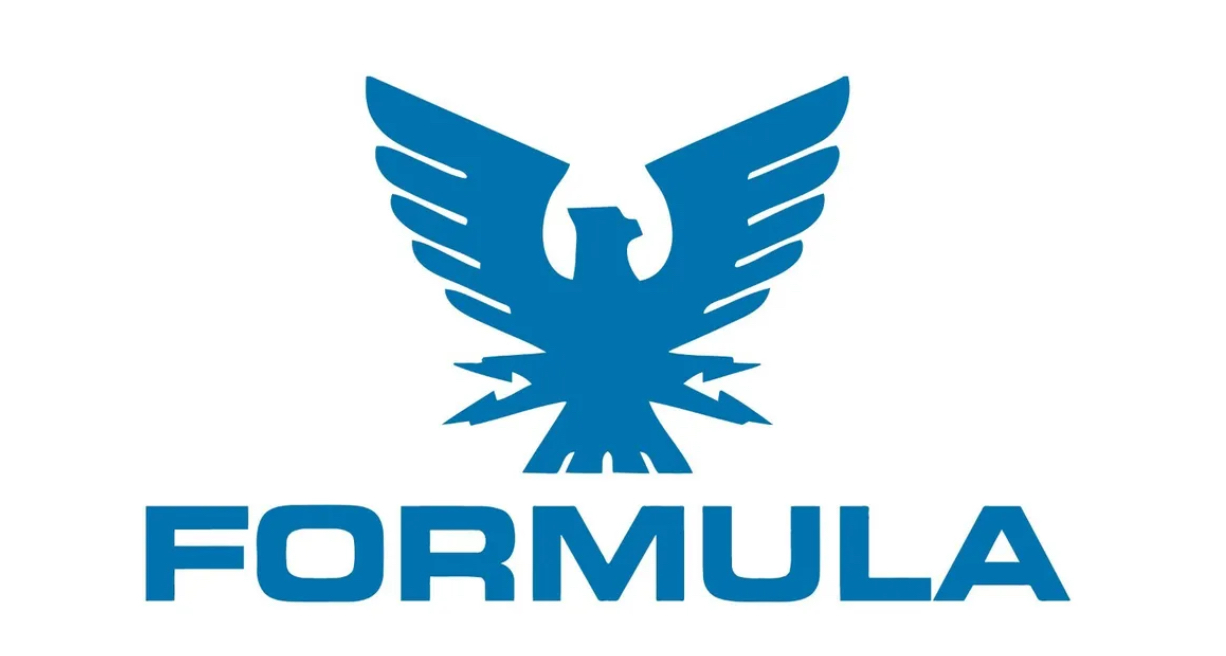Here is a independant test that was performed for Diesel additives but some are also for Gas. It has MMO oil listed and did not favor well.
Read the full test. explains a lot on wear
http://www.bimmerfest.com/forums/showthread.php?t=423297
RESULTS
In Order Of Performance:
1) 2% REG SoyPower bio-diesel
HFRR 221, 415 micron improvement.
50:1 ratio of baseline fuel to 100% biodiesel
66.56 oz. of 100% biodiesel per 26 gallons of diesel fuel
Price: market value
2) Opti-Lube XPD
Multi-purpose + anti-gel
Cetane Improver, Demulsifier
HFRR 317, 319 micron improvement.
256:1 ratio
13 oz/tank
$4.35/tank
3) FPPF RV, Bus, SUV Diesel/Gas Fuel Treatment
Gas and Diesel
Cetane improver, Emulsifier
HFRR 439, 197 micron improvement
640:1 ratio
5.2 oz/tank
$2.60/tank
4) Opti-Lube Summer Blend
Multi-purpose
Demulsifier
HFRR 447, 189 micron improvement
3000:1 ratio
1.11 oz/tank
$0.68/tank
5) Opti-Lube Winter Blend
Muti-purpose + anti-gel
Cetane improver
HFRR 461, 175 micron improvement
512:1 ratio
6.5 oz/tank
$3.65/tank
Copyright? The Diesel Place & A. D. Spicer - 6 - August, 2007
6) Schaeffer Diesel Treat 2000
Multi-purpose + anti-gel
Cetane improver, Emulsifier, bio-diesel compatible
HFRR 470, 166 micron improvement
1000:1 ratio
3.32 oz/tank
$1.87/tank
7) Super Tech Outboard 2-Cycle TC-W3 Engine Oil
Unconventional
(Not ULSD compliant, may damage 2007 or newer systems)
HFRR 474, 162 micron improvement
200:1 ratio
16.64 oz/tank
$1.09/tank
8) Stanadyne Lubricity Formula
Lubricity Only
Demulsifier, 5% bio-diesel compatible, alcohol free
HFRR 479, 157 micron improvement
1000:1 ratio
3.32 oz/tank
$1.00/tank
9) Amsoil Diesel Concentrate
Multi-purpose
Demulsifier, bio-diesel compatible, alcohol free
HFRR 488, 148 micron improvement
640:1 ratio
5.2 oz/tank
$2.16/tank
10) Power Service Diesel Kleen + Cetane Boost
Multi-purpose
Cetane improver, bio-diesel compatible, alcohol free
HFRR 575, 61 micron improvement
400:1 ratio
8.32 oz/tank
$1.58/tank
Copyright? The Diesel Place & A. D. Spicer - 7 - August, 2007
11) Howe?s Meaner Power Kleaner
Multi-purpose
Alcohol free
HFRR 586, 50 micron improvement
1000:1 ratio
3.32 oz/tank
$1.36/tank
12) Stanadyne Performance Formula
Multi-purpose + anti-gel
Cetane improver, Demulsifier, 5% bio-diesel compatible, alcohol free
HFRR 603, 33 micron improvement
480:1 ratio
6.9 oz/tank
$4.35/tank
13) Used Motor Oil, Shell Rotella T 15W-40, 5,000 miles used.
Unconventional
(Not ULSD compliant, may damage systems)
HFRR 634, 2 micron improvement (statistically insignificant change)
200:1 ratio
16.64 oz/tank
price: $0.00
14) Lucas Upper Cylinder Lubricant
Gas or Diesel
HFRR 641, 5 microns worse than baseline (statistically insignificant
change)
427:1 ratio
7.8 oz/tank
$2.65/tank
15) B1000 Diesel Fuel Conditioner by Milligan Biotech
Multi-purpose, canola oil based additive
HFRR 644, 8 microns worse than baseline (statistically insignificant
change)
1000:1 ratio
3.32 oz/tank
$2.67/tank
Copyright? The Diesel Place & A. D. Spicer - 8 - August, 2007
16) FPPF Lubricity Plus Fuel Power
Multi-purpose + anti-gel
Emulsifier, alcohol free
HFRR 675, 39 microns worse than baseline fuel
1000:1 ratio
3.32 oz/tank
$1.12/tank
17) Marvel Mystery Oil
Gas, Oil and Diesel fuel additive (NOT ULSD compliant, may damage
2007 and newer systems)
HFRR 678, 42 microns worse than baseline fuel.
320:1 ratio
10.4 oz/tank
$3.22/tank
18) ValvTect Diesel Guard Heavy Duty/Marine Diesel Fuel Additive
Multi-purpose
Cetane improver, Emulsifier, alcohol free
HFRR 696, 60 microns worse than baseline fuel
1000:1 ratio
3.32 oz/tank
$2.38/tank
19) Primrose Power Blend 2003
Multi-purpose
Cetane boost, bio-diesel compatible, Emulsifier
HFRR 711, 75 microns worse than baseline
1066:1 ratio
3.12 oz/tank
$1.39/tank
CONCLUSIONS:
Products 1 through 4 were able to improve the unadditized fuel to an
HFRR score of 460 or better. This meets the strictest requirements
requested by the Engine Manufacturers Association.
Products 1 through 9 were able to improve the unadditized fuel to an
HFRR score of 520 or better, meeting the U.S. diesel fuel requirements for
maximum wear scar in a commercially available diesel fuel.

